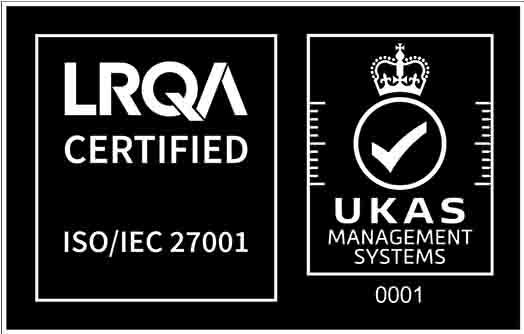Every enterprise organization aims to streamline operations, improve efficiency, bolster security, and have a solid disaster recovery strategy. However, achieving these goals is often easier said than done.
A managed service provider (MSP) can help with all of the above and more. MSPs are a solution for overworked in-house IT departments struggling to deliver effective technical support. Partnering with an MSP can promote growth by relieving IT teams of complex administrative tasks, saving the business both time and money.
The managed services market is on the rise, expected to grow from USD 260.39 billion in 2023 to USD 380.83 billion by 2028, representing a CAGR of 7.90% during this period.
What is MSP Software?
MSP software is a comprehensive solution designed to manage and automate various IT services. It acts as a central hub for IT service management, enabling MSPs to efficiently oversee and maintain their clients' IT infrastructure. By consolidating multiple tools and processes into a single pane of glass, MSP software simplifies the management of IT services, enhances service delivery, and improves overall operational efficiency.
MSP software acts like a virtual assistant for business operations across various industries, including:
- B2B integration
- Transportation
- Information services
- Supply chain management
- Utilities
- And many more
This software enables MSPs to deliver high-quality services by providing:
- Cloud computing
- Cloud infrastructure management
- Software as a service (SaaS)
- Infrastructure as a service (IaaS)
- XaaS (Everything as a Service)
- Managed wireless and mobile computing
- Data analytics
Choosing the right MSP software
When selecting MSP software, it's crucial to evaluate several key factors to ensure the solution meets your specific needs. First and foremost, look for comprehensive feature sets that align with your operational requirements.
Some key features include:
- Automated Services: Automation helps agents focus on critical issues rather than routine tasks, enabling businesses to scale faster without compromising service quality.
- Remote Access: Remote support features facilitate seamless communication and issue resolution from the MSP management software interface.
- Patch Management: Efficient patch management minimizes vulnerabilities by identifying the right patches and preventing service interruptions.
- Internal Collaboration: A collaboration interface keeps service desk agents informed and helps avoid mundane tasks.
- Advanced Reporting: Built-in reporting tools enable performance analytics and KPI monitoring, presenting data in an interactive dashboard format.
- Remote Monitoring and Management: Cloud-based features allow the management of multiple clients simultaneously, with real-time issue tracking and network monitoring.
- Alert Management: Detect anomalies quickly to prevent significant problems, saving time, effort, and costs.
- Endpoint Management: Track, monitor, and manage endpoints to resolve issues before they cause downtime or network damage.
Additionally, consider the software’s integration capabilities with existing tools and platforms to ensure a seamless workflow.
Pricing is also a significant consideration. Look for transparent pricing models that fit your budget, with clear information on licensing, maintenance, and any additional costs. It's beneficial to compare the total cost of ownership, including initial setup, ongoing maintenance, and potential scalability expenses as your business grows.
Benefits of MSP software
MSP software can deliver bottom-line outcomes that significantly impact the business. They can help a service provider drive:
- Cost Savings: Consolidate billing, procurement, and delivery into one system to avoid purchasing multiple systems.
- Less Overhead: Increase speed and accuracy while reducing the need for more team members.
- Improved Customer Satisfaction: Enhance accuracy, provide better billing visibility, and delivery quicker, leading to happier end-customers.
- Increased Growth and Profitability: Deliver new services and create new markets to accelerate growth and profit.
- Better Operational Efficiency: Automation capabilities streamline and accelerate business processes.
How IR can simplify complexity for service providers
IR Collaborate offers deep insights, comprehensive visibility, and customer-specific reports in a complete solution across hybrid, cloud, and multi-vendor environments.
IR Collaborate offers:
- Multi-Tenant Support: Secure, API-driven access to multiple clients’ environments in a single application.
- End-to-End Insight: Leverage real-time insights through visibility across hybrid, multi-vendor, multi-tenant ecosystems.
- Meeting SLAs with Ease: Ensure customer satisfaction and deliver on SLAs with high uptime and superior service quality, backed by robust reporting.
- Multi-Vendor Support: Support for various platforms including Microsoft, Genesys, Cisco, Zoom, Avaya, and numerous SBC and device vendors. Integrate with your ticketing or reporting systems like ServiceNow and Grafana.
- Improved Customer Onboarding and Management: Streamline deployment models, enhance performance visibility, and gain deep insights into your environment.
Ready to learn more? Reach out to us for a demo and discover how IR Collaborate can help you manage multiple tenants and technologies with ease, delivering exceptional service and staying ahead of the competition.





